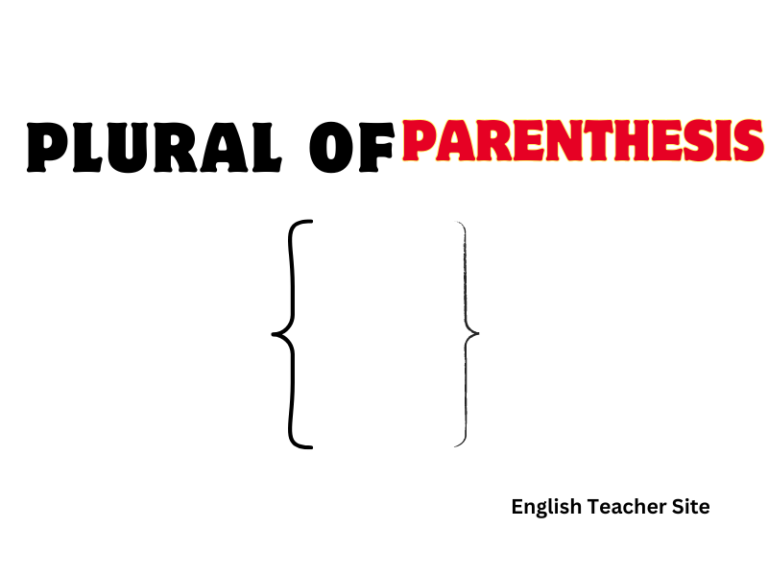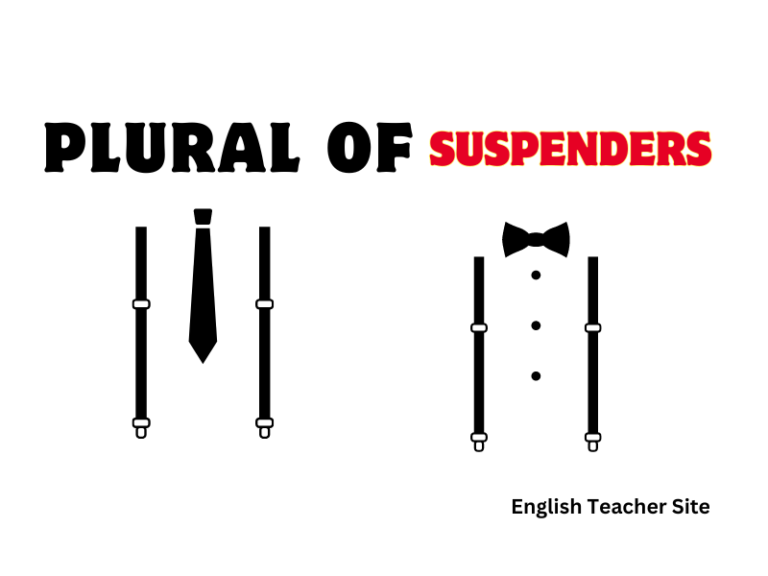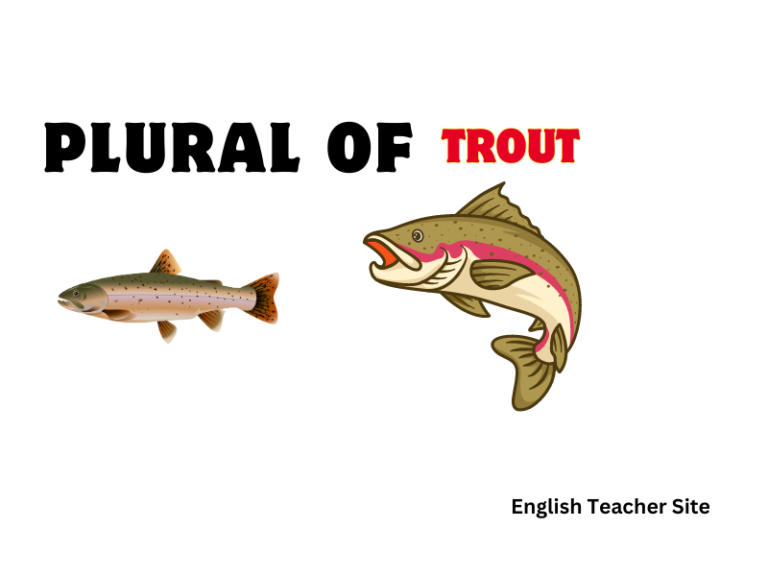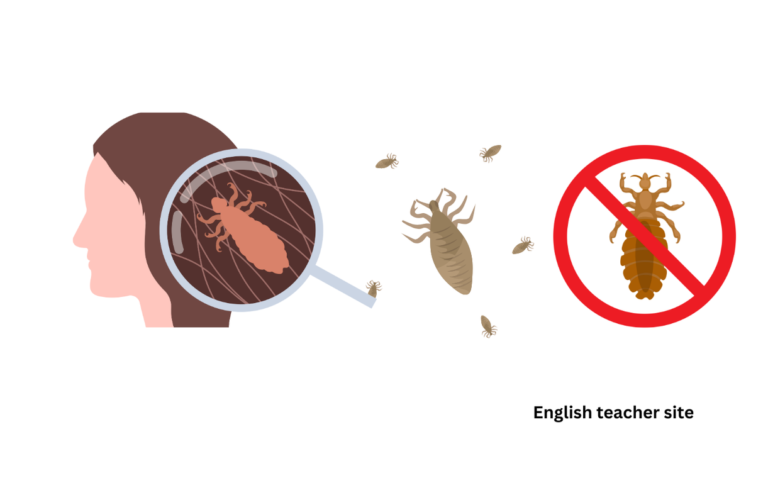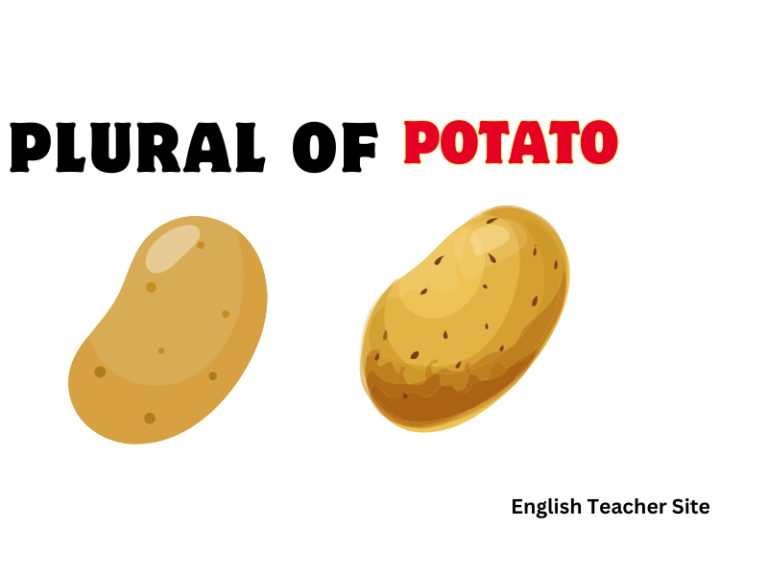Whats the Plural of Hero: Heros or Heroes? Understanding Correct Usage

- “Heroes” is the correct plural form of “hero.”
- “Heros” is incorrect in the context of multiple heroes.
- The pluralization rule for “hero” involves adding -es due to the preceding vowel.
The word “hero” belongs to the category of nouns ending in a vowel followed by -o. It’s important to note that the correct plural form is “heroes,” reflecting the general rule. While “heros” might seem like a logical plural form, it does not follow the standard English conventions for nouns of this type. To further understand the application and distinguish between singular and plural uses, examining sentences that contain these forms can provide clarity.
What’s the Plural of Hero: Heros or Heroes?
When dealing with the term hero, it follows the traditional English grammar rule for creating plurals from nouns ending with the letter -o.
Singular to Plural Transformation
When converting the word “hero” into its plural form, one must add an -es at the end. This rule applies to most nouns that end in -o. Here is a simple table to illustrate this transformation:
| Singular | Plural |
|---|---|
| hero | heroes |
Common Errors
A common mistake is to merely add an -s to the end of the word, creating “heros”. This is incorrect. To avoid such errors, here is another table with incorrect and correct forms:
| Incorrect | Correct |
|---|---|
| heros | heroes |
Practical Usage
When referring to more than one individual admired for their bravery or noble qualities, the word “heroes” should always be used. For example:
- The firefighters who saved the family from the burning building are heroes.
Possession
Possession in English also changes depending on whether the noun is singular or plural. It follows the same rules of pluralization:
- The hero’s journey is often fraught with peril. (Singular possessive)
- The heroes’ journeys share common traits. (Plural possessive)
Meaning of the Word Hero
The term hero originates from the Greek ἥρως (hērōs), signifying a person admired for their courage, outstanding achievements, or noble qualities. Throughout history, heroes have been quintessential figures in literature and folklore, embodying the highest virtues of the society that reveres them.
- Definition of Hero:
- A person noted for feats of courage or nobility of purpose.
- One who has made a significant positive impact on a community or individual.
Throughout the ages, the concept of a hero has seen various interpretations. In classical myths, heroes often had divine ancestry or were granted supernatural assistance. In modern times, the word hero is applicable to everyday individuals who demonstrate selflessness and bravery, often in the face of danger.
| Era | Description of Hero |
|---|---|
| Classical | Demigods, warriors with divine descent or favor |
| Modern | Everyday people performing noble acts |
As society evolves, the term continues to encompass a broad range of meanings:
- Literary Hero: The protagonist in a work of fiction who overcomes challenges.
- Everyday Hero: Unsung individuals performing acts of kindness or bravery.
In a modern context, heroes are those who take action for the benefit of others, often at personal risk. They can be firefighters saving lives, activists fighting for social justice, or simply a stranger helping another in need.
| Context | Examples of Heroes |
|---|---|
| Emergencies | Firefighters, healthcare professionals |
| Social Justice | Activists, advocates |
Nouns Ending in -o
In English, nouns that end in the vowel “o” can form their plural in different ways, usually by adding “s” or “es”.
Common Rules
Most nouns ending in -o follow these general guidelines:
- Add ‘s’: For nouns ending in -o preceded by a vowel, simply add “s”, like “radios” and “studios”.
- Add ‘es’: For nouns ending in -o preceded by a consonant, add “es”, such as “heroes” and “tomatoes”.
Exceptions to the Rules
However, there are exceptions based on usage and etymology:
- Foreign Origin: Some nouns of foreign origin retain their original pluralization, like “pianos” (Italian) and “solos” (Italian).
Examples of Pluralization
| Singular | Plural | Rule Applied |
|---|---|---|
| buffalo | buffaloes | Add ‘es’ |
| cargo | cargoes | Add ‘es’ |
| echo | echoes | Add ‘es’ |
| hero | heroes | Add ‘es’ |
| potato | potatoes | Add ‘es’ |
| volcano | volcanoes | Add ‘es’ |
| zoo | zoos | N/A (irregular) |
Irregular Plurals
Some nouns do not follow the typical rules and must be memorized:
- Irregular form: “zoo” becomes “zoos”.
Usage in Context
Correct usage in literature and writing is crucial:
- “The heroes of the story showed great valor.”
- “The farmers harvested the potatoes.”
Examples of Hero in Sentences
Singular to Plural Transition
| Singular | Plural |
|---|---|
| hero | heroes |
| zero | zeroes |
Usage in Sentences
- Singular: “The firefighter is a hero because of his bravery.”
- Plural: “The firefighters are heroes because of their bravery.”
Let’s look at more sentences to grasp the usage better:
- Singular: “A hero like that is hard to find.”
- Plural: “Heroes like them are hard to find.”
In literature and day-to-day conversations, these forms showcase the term in action:
- Singular: In times of crisis, a community often looks to a hero for inspiration.
- Plural: Many children look up to superheroes, imagining themselves like the heroes in their favorite stories.
- Singular: A hero is someone who is celebrated for their courage.
- Plural: After the earthquake, the rescue workers were called heroes.
Examples of “Heroes” in Sentences
| Singular | Plural |
|---|---|
| hero | heroes |
Here are a few sentences that properly demonstrate the use of the word “heroes”:
- The firefighter received a medal for being one of the many heroes who risked their lives during the blaze.
- Children often look up to superheroes as their heroes because of their extraordinary powers and moral fortitude.
- During the awards ceremony, the announcer commended the heroes who worked tirelessly for the community’s welfare.
Here’s a simple list to further illustrate the correct usage of “heroes”:
- The stories from ancient mythology often feature heroes with exceptional strength and bravery.
- History books are filled with tales of unsung heroes whose contributions have long been overlooked.
- Every society has its heroes, whether they are celebrated in songs, literature, or folklore.
Synonyms of Hero
Here are some terms that share similar meanings with “hero”:
- Champion: Often used in the context of someone who stands up for others or fights for a cause.
- Protector: This term emphasizes the hero’s role as a guardian or defender.
- Savior: Implies rescue and deliverance from harm or danger.
Table 1: Synonyms Denoting Leadership Qualities
| Synonym | Context |
|---|---|
| Leader | Leaders guide and inspire others, much like a hero does in many stories. |
| Paladin | Historically a chivalrous hero; used in modern contexts to denote a leading advocate or defender. |
Table 2: Synonyms Reflecting Moral Virtue
| Synonym | Context |
|---|---|
| Martyr | Someone who suffers or sacrifices for a cause, often seen as heroic. |
| Saint | A person renowned for holiness and virtuous conduct, exhibiting traits often attributed to heroes. |
Other expressions for “hero” can carry subtle nuances that differentiate them slightly:
- Warrior: Implies a martial or combative prowess alongside heroic qualities.
- Adventurer: Captures the sense of exploration and risk-taking found in many heroic narratives.
Origin of the Word Hero
The term hero has a storied past, steeped in mythology and ancient linguistics. Derived from the Greek hērōs (ἥρως), the original concept of a hero was that of a demi-god, a being with extraordinary prowess that straddled the realms of humans and gods. These figures were central in mythology, celebrated for their feats and often immortalized in story and sculpture.
| Greek | Latin |
|---|---|
| hērōs (plural: hērōes) | heros (plural: heroes) |
In ancient texts, heroes were depicted as valiant figures, elevated above ordinary men by virtue of divine lineage or favored by the gods. They embarked on noble quests that often tested their strength, character, and virtue. The emphasis was less on superhuman abilities and more on their moral fiber and contributions to society.
- Virtues of Heroes:
- Valor
- Honor
- Bravery
- Sacrifice
Through time, the hero concept evolved beyond Greek mythology. It was embraced by the Romans, reflected in the Latin ‘heros’, and eventually it was woven into the fabric of modern language, where hero denotes someone who is admired for their courage, outstanding achievements, or noble qualities.
| Modern Definitions | Usage Example |
|---|---|
| Admirable person | “Firefighters are often regarded as heroes.” |
| Main character in a story | “Elizabeth Bennet is the hero of ‘Pride and Prejudice’.” |
The journey from a mythological demi-god to the contemporary use reflecting bravery and moral integrity illustrates the sweeping evolution of the word hero. Its plural form, heroes, respects this tradition, honoring the very essence of what it means to exhibit heroism.
Sources
Harper, Douglas. “Etymology of hero.” Online Etymology Dictionary.
My name is Khamis Maiouf. I am the creator of the English Teacher Site, dedicated to providing valuable resources and insights for students around the world. With a passion for education and a commitment to helping students enhance their skills, I aim to make English teaching more effective and enjoyable for both educators and students.

